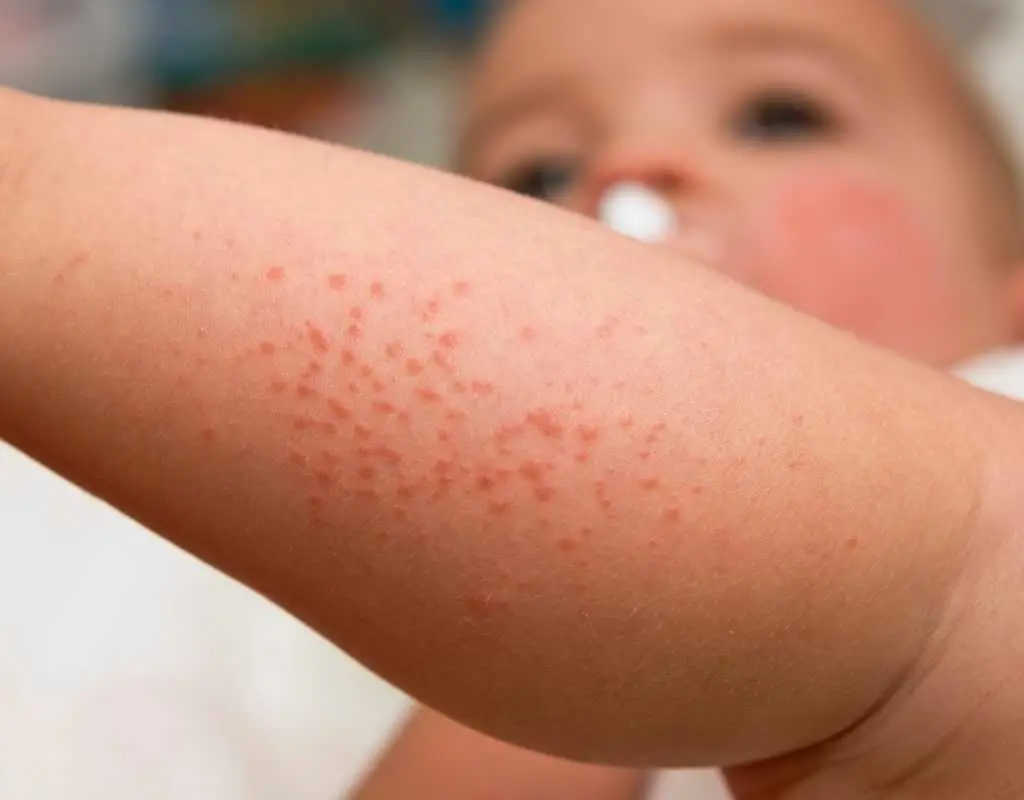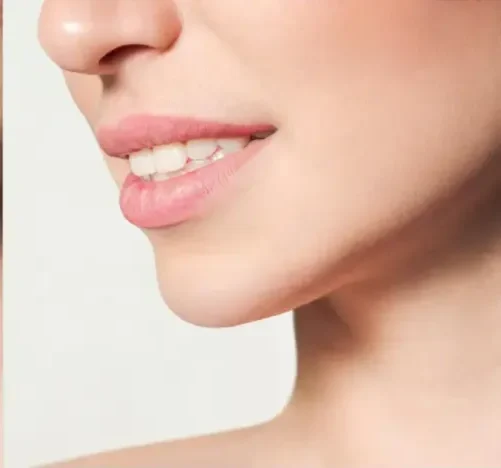Rashes in Children
With the expertise of our trained pediatric dermatologists, it is possible to diagnose different kinds of rashes and skin conditions in children, find the cause, and accurately treat it.

Key Highlights:
- Atopic eczema is the common cause of rashes in children.
- Atopy is a genetic condition that tends to run in families with a history of allergies.
- Viral or bacterial infections can cause rashes.
Rashes in Children at a Glance
- Best Results: For Atopic Eczema
- Treatment Duration: 2 to 6 Months
- Result Longevity: Variable
- Return to Daily Activities: Immediate
- Recovery Time: None
- Blood Tests: Required
- Performed By: Dermatologist
- Cost: ₹ (Consultation required)
Our results speak for themselves






Our pediatric dermatologists specialize in diagnosing rashes in children accurately, develop a personalised treatment plan, monitor progress, and adjust treatment as needed.
Frequently Asked Questions
Atopic eczema, also known as atopic dermatitis, is a chronic inflammatory skin condition characterized by:
- Dry, itchy, and scaly skin
- Redness and inflammation
- Small bumps or blisters
Causes of Atopic Eczema:
- Genetic factors: Family history plays a significant role, with certain genetic mutations affecting the skin's barrier function.
- Environmental triggers: Allergens, irritants, and stress can trigger or exacerbate symptoms.
- Imbalanced immune system: An overactive immune response contributes to inflammation and skin damage.
Here are the common triggers for atopic eczema flare-ups:
- Allergens: Pollen, dust mites, pet dander, mold.
- Irritants: Soaps, detergents, fragrances, stress.
- Dry skin: Cold weather, dry air, harsh skin products.
- Infections: Bacterial, viral, or fungal infections.
- Hormonal changes: Puberty, pregnancy, menstruation.
- Food allergies: Certain foods, such as dairy, eggs, nuts.
Avoiding or managing these triggers can help reduce flare-ups and alleviate symptoms. Consult a dermatologist at the Pediatric Eczema Clinic in Chennai for personalized advice.
Be aware of these photosensitivity skin conditions:
- Sunburn: Redness, pain, and blistering caused by UV radiation.
- Polymorphic light eruption: A sun skin allergy rash triggered by UV exposure.
- Solar urticaria: Hives caused by UV radiation.
For sunburn allergy relief, consult your pediatrician or pediatric dermatologist for personalized advice.
Managing eczema naturally requires a combination of gentle skin care products and lifestyle changes. Here are some effective natural options:
- Moisturizers: Look for fragrance-free, hypoallergenic creams or ointments rich in ceramides, hyaluronic acid, or niacinamide.
- Natural Oils: Coconut oil and sunflower oil are excellent for soothing and moisturizing eczema-prone skin. Apply them topically, ideally after bathing while the skin is still damp.
- Bathing: Use mild, fragrance-free cleansers and avoid hot water.
- Clothing: Wear soft, breathable fabrics and avoid irritants like wool or synthetic fibers.
- Moisturizers: Look for fragrance-free, hypoallergenic creams or ointments rich in ceramides, hyaluronic acid, or niacinamide.
Topical steroids for eczema can be effective in reducing inflammation and relieving symptoms, but long-term use can lead to skin thinning, stretch marks, and other side effects. Always consult a pediatric dermatologist before using topical steroids, and follow their instructions carefully.
Rashes after fever in children can be caused by viral or bacterial infections. Common examples include roseola, measles, and scarlet fever. These rashes usually appear as pink or red spots or patches on the skin. Consult a pediatrician for proper diagnosis and treatment.
Dry skin in kids can be uncomfortable and itchy, but there are ways to manage it:
- Bathe them in warm water for 5–10 minutes, avoiding hot water.
- Use a gentle, fragrance-free cleanser.
- Pat dry, don't rub.
- Apply a moisturizer immediately after bathing.
When choosing a moisturizer for kids, opt for:
- Hypoallergenic and fragrance-free products.
- Creams or ointments, which are more effective than lotions.
- Products containing natural ingredients like coconut oil, shea butter, or ceramides.
For personalized advice and treatment, it's always better to consult a pediatric dermatologist for best results. They can help you identify the underlying cause of dry skin and recommend tailored solutions for your child's specific needs.
- Eczema (Atopic Dermatitis): Dry, itchy skin due to genetic mutations.
- Psoriasis: Red, scaly patches caused by immune system abnormalities.
- Ichthyosis: Dry, scaly skin due to genetic defects in skin barrier function.
- Epidermolysis Bullosa: Blistering skin condition caused by genetic mutations.
- Xeroderma Pigmentosum: Rare genetic disorder causing sensitivity to sunlight.
Consult a pediatric dermatologist for proper diagnosis and treatment.

